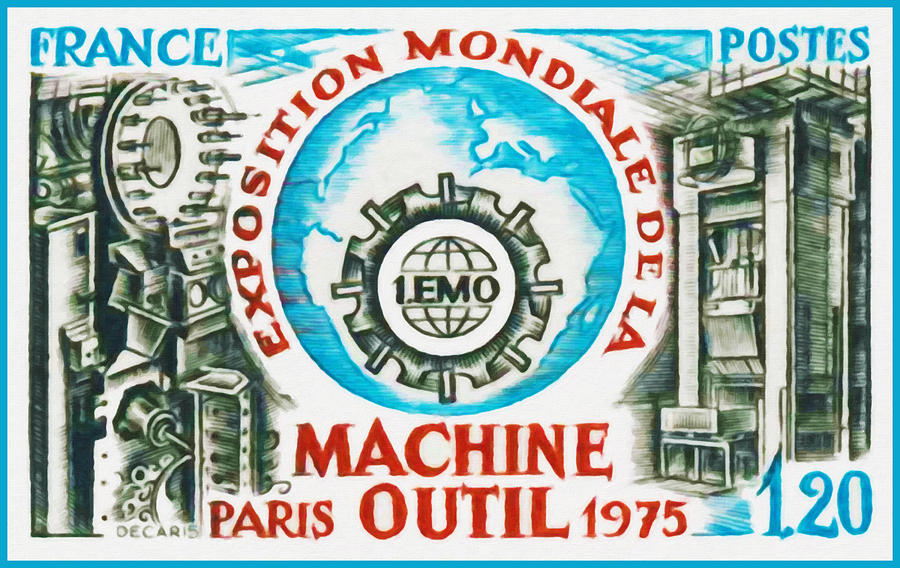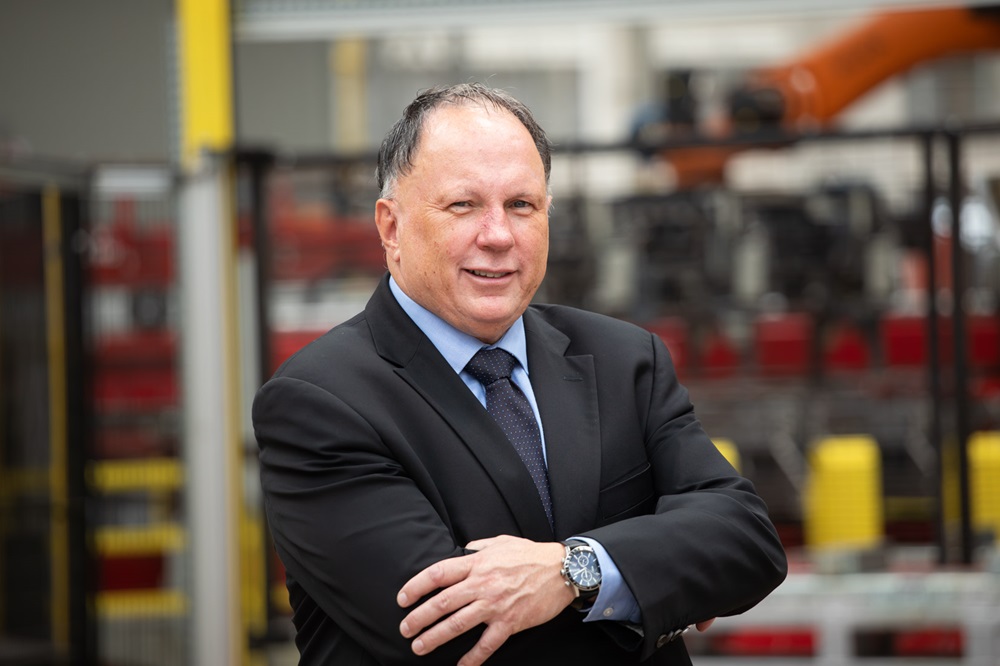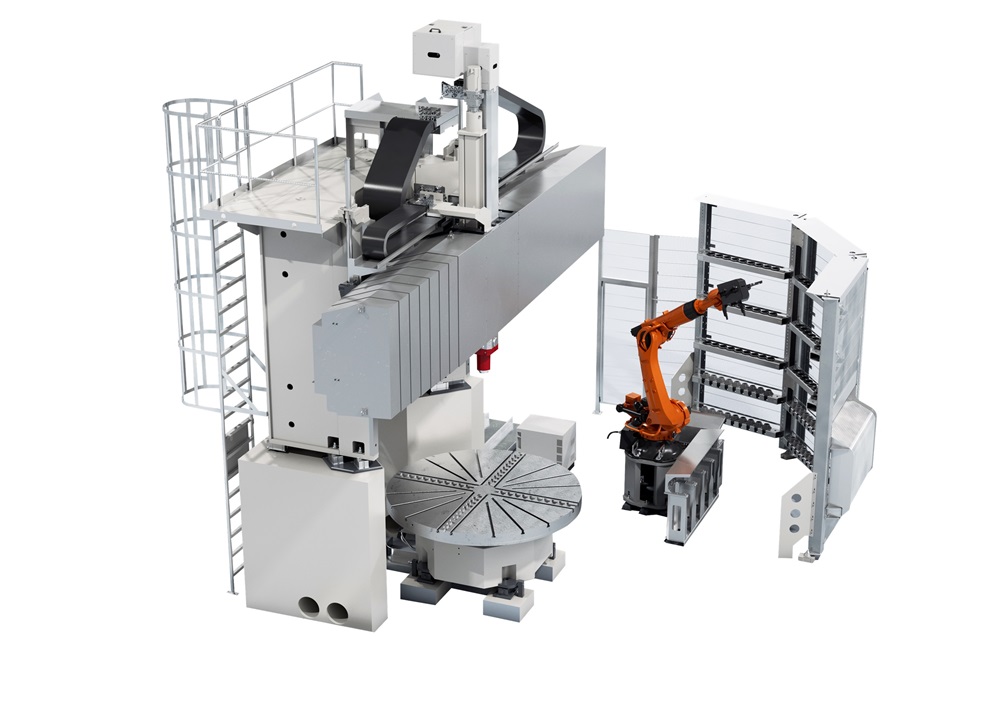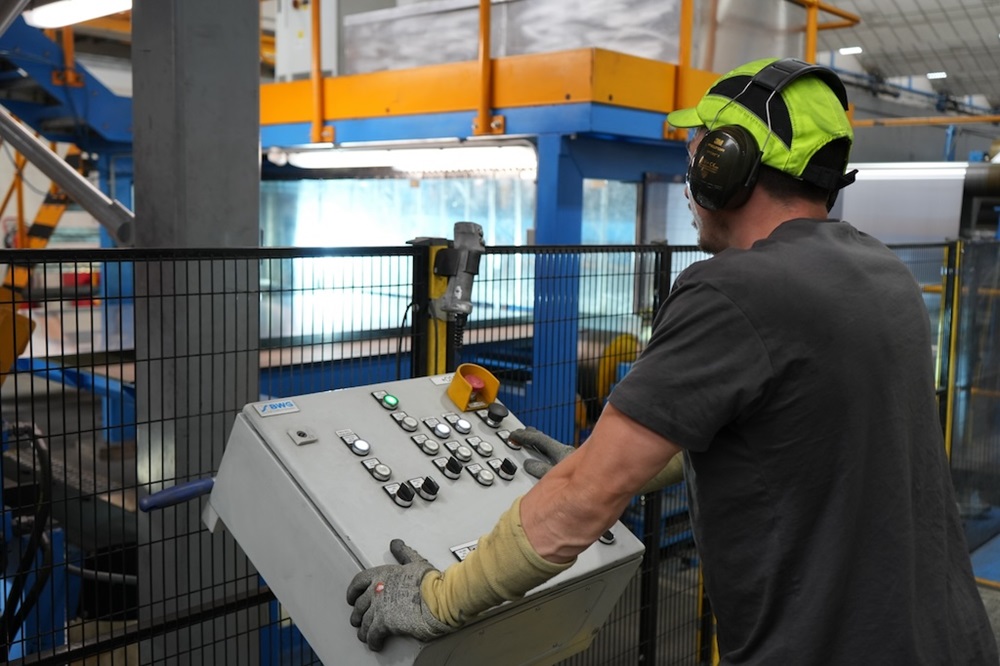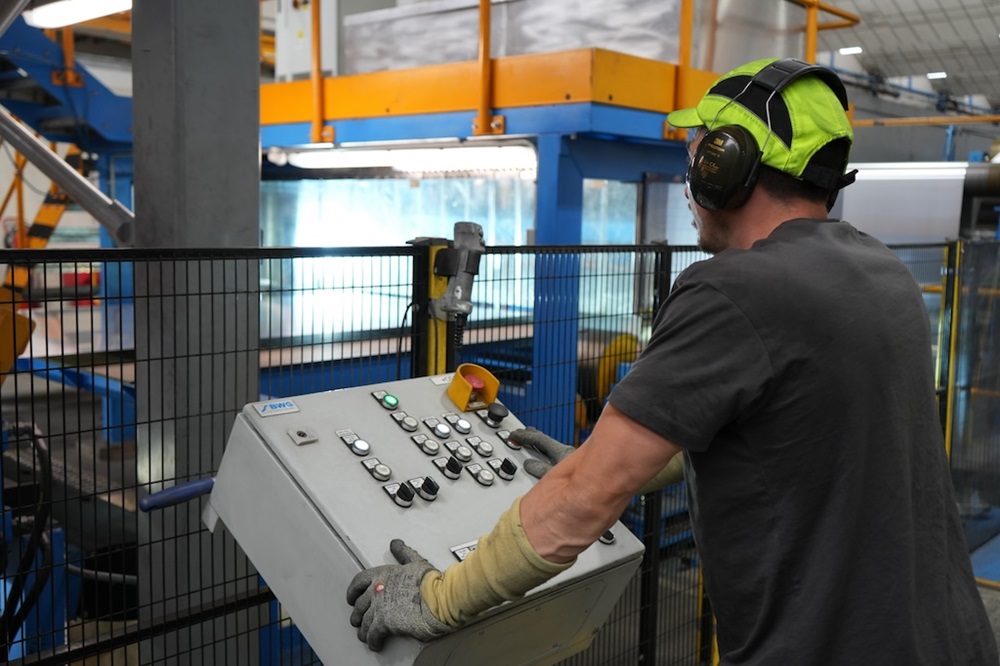On 1 August 2024, the mailing of registration documents all around the world for the EMO
2025 exhibition marked the start of a special event. The world’s leading trade fair for
production technology, which will take place on 22-26 September 2025, is celebrating an
important anniversary.
“For half a century, EMO has been bringing the right people together, in the right place, at
the right time,” emphasises Carl Martin Welcker, EMO general commissioner. “It’s the most
important event of 2025 for the international metalworking community.”
Under the motto ‘Innovate Manufacturing’, the trade fair will cover the industry’s entire
value chain, including machine tools, manufacturing systems, precision tools, automated
material flow, computer technology, industrial electronics and accessories.
“As the most important interface between industry and production technology, EMO stands
for innovation, internationality, inspiration and the future of metalworking,” explains Dr
Markus Heering, executive director of EMO organiser VDW (German Machine Tool Builders’
Association).
EMO is a global platform that provides the impetus for new products, manufacturing
solutions and services. Manufacturers from 45 countries exhibited in 2023, while trade
visitors came from around 140 countries. The trade fair also stands for inspiration, as it
reflects the international range of manufacturing technology and focuses on its major
trends. In this respect, the show points the way to the future of industrial production.
Welcker, who has been campaigning for this huge event since 2012, is convinced: “EMO
was, is and will remain the most important industry platform for inspiring customers,
expanding contact networks and, of course, doing business.”
The trade fair already had this aspiration 50 years ago when it was launched by the
European umbrella organisation for the machine tool industry, CECIMO, with substantial
involvement from the VDW.
In the 1970s, the global economy had lost momentum due to structural upheavals. High
inflation, high interest rates and rising unemployment led to recession and ‘stagflation’ (lack
of growth or low growth combined with steep price rises). Individual sectors of the economy
were hoping for a recovery through innovation and subsequent investment. However, the
machine tool industry was – like most areas of mechanical engineering – in a tight situation.
Despite this critical situation, European and national industry associations stood by a
decision taken some time ago to launch the first round of EMO exhibitions. In 1975, the year
in which the Vietnam War ended and the CSCE (Conference on Security and Co-operation in
Europe) agreement saw adoption, the first EMO took place in Paris. In addition to
predominantly Western European exhibitors, 114 manufacturers from Eastern Europe and
other parts of the world were also present.
Exhibitors from other continents made the new trade fair special. This was preceded by an
intensive and lengthy discussion about opening up the EEMO – Exposition Européenne de
Machines-Outils (Machine Tool World Exposition) – to the rest of the world, an event which
had been organised since 1951 with purely European participation.
At that time, the VDW vehemently advocated further internationalisation of the trade fair
and finally agreed with CECIMO to admit exhibitors from other parts of the globe. This
decision was followed by the renaming and launch of the trade fair as the ‘Exposition
Mondiale de la Machine-Outil’ (World Exhibition for Machine Tools), or EMO for short.
The choice of venue was also discussed beforehand. While the original sequence was ‘Paris –
Hanover – Milan – Hanover’ every two years, EMO has been held with the cycle of Hanover –
Hanover – Milan’ since 2005. EMO celebrated its debut in Germany in 1977. While almost
1400 exhibitors from all over the world were spread across 94,000 m² of net exhibition
space at the first trade fair two years earlier, the second event in Hanover saw 1600
exhibitors display their innovations across a net exhibition space of almost 117,000 m².
The show witnessed increasing levels of internationalisation. Exhibitors from 27 nations,
including the US, Japan and emerging markets, presented their innovations alongside
Eastern and Western European countries.
“What’s being shown here in Hanover is virtually the world’s entire machine tool industry,”
emphasised Markus von Busse, then EMO general commissioner, at the opening of the first
EMO in Germany. He added: “They don’t just supply machine tools, but increasingly supply
solutions to problems – complete systems.”
This trend continued to consolidate. Four years after the first EMO in Hanover, the trade fair
once again attracted a record number of visitors. By 1981, there were 1845 exhibitors
occupying more than 140,000 m², including 234 companies from 21 countries outside
Western Europe. There was hardly a country that lacked relevant approaches for
manufacturing metalworking machinery. Four years later, EMO 1985 in Hanover grew
further to an exhibition space of around 160,000 m².
The positive development of the world’s most important trade fair for production
technology continues to this day. At EMO 2023 in Hanover, around 1850 exhibitors
showcased their products in 15 halls across 235,000 m². Around 70% of the companies came
from 45 different countries, including China, Italy, Switzerland and Japan. Moreover, about a
third of the approximately 92,000 trade visitors attended from Asia. After a four-year break
due to the COVID-19 pandemic, the trade fair once more offered visitors the chance to see
top-class technical innovations.
“We’ve seen everything here that will make up the future of production: new solutions for
automation, for networking in factories and for sustainability in production,” summed up
Welcker at the end of the trade fair. He added that, despite the tense economic situation,
the mood was good.
This is also the goal for EMO 2025, which like the EMO exhibitions of the previous half a
century, will provide the right answers to questions about production technology. The focus
will be on automation, sustainability and digitalisation.
“EMO participation is a must for all key players in the metalworking industry because this is
where the ‘who’s who’ of the industry will be exhibiting,” concludes Welcker.
In this respect, EMO 2025 will prove the place to be seen, as no other trade fair brings so
many manufacturing experts together in one place.
More information www.emo-hannover.com






